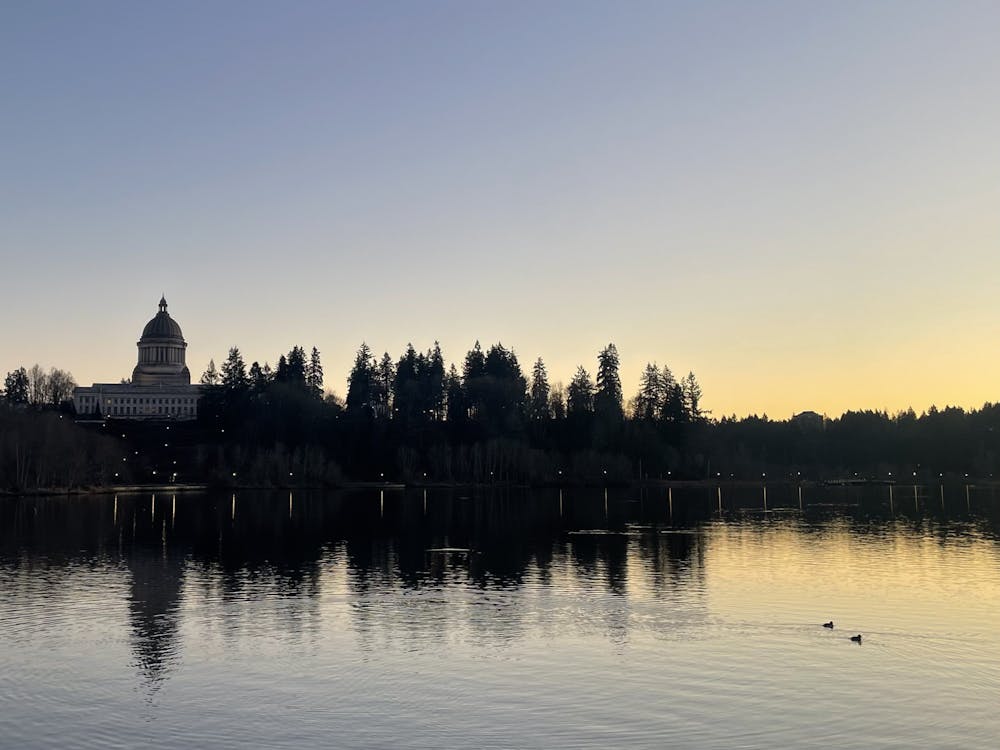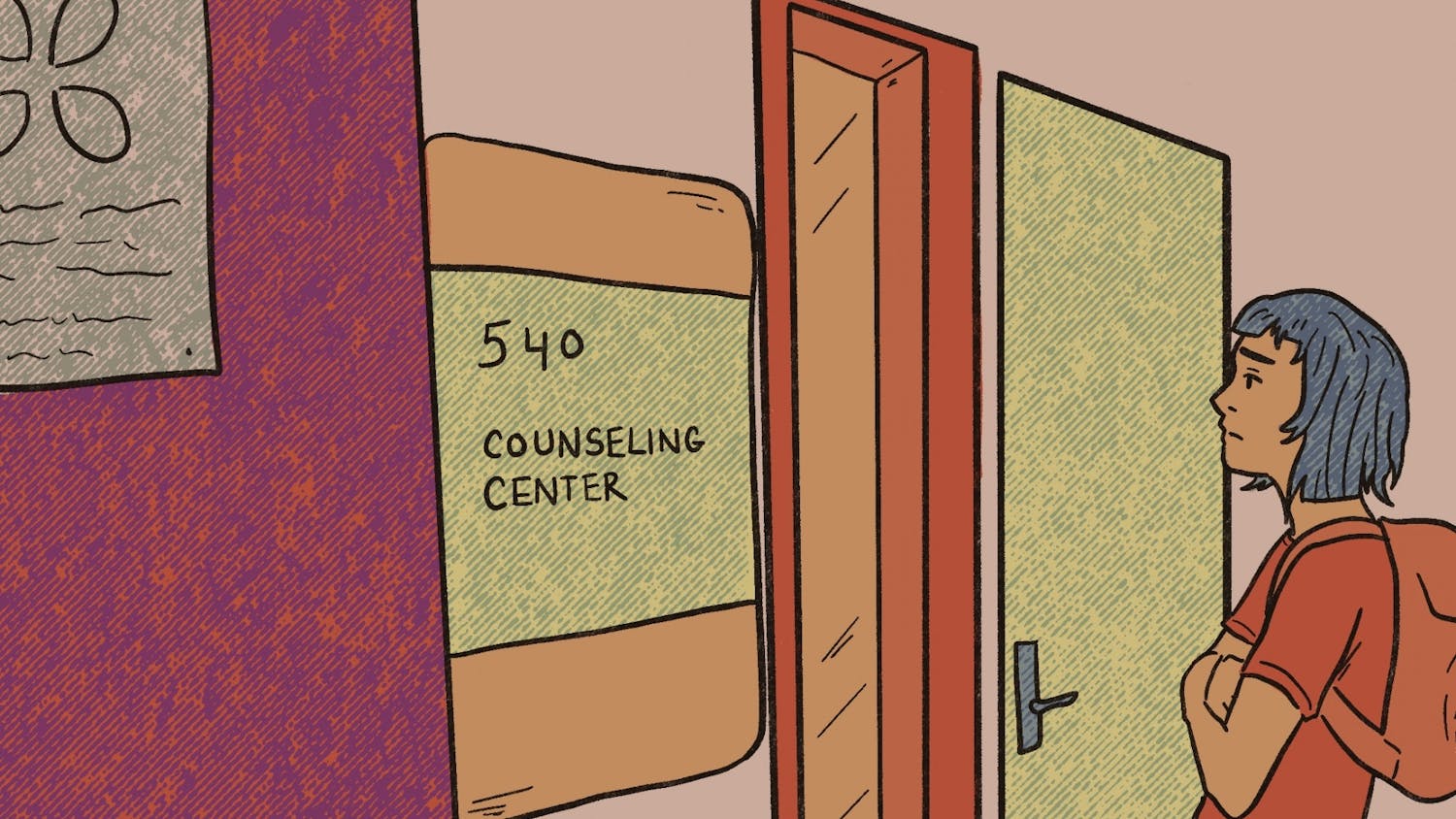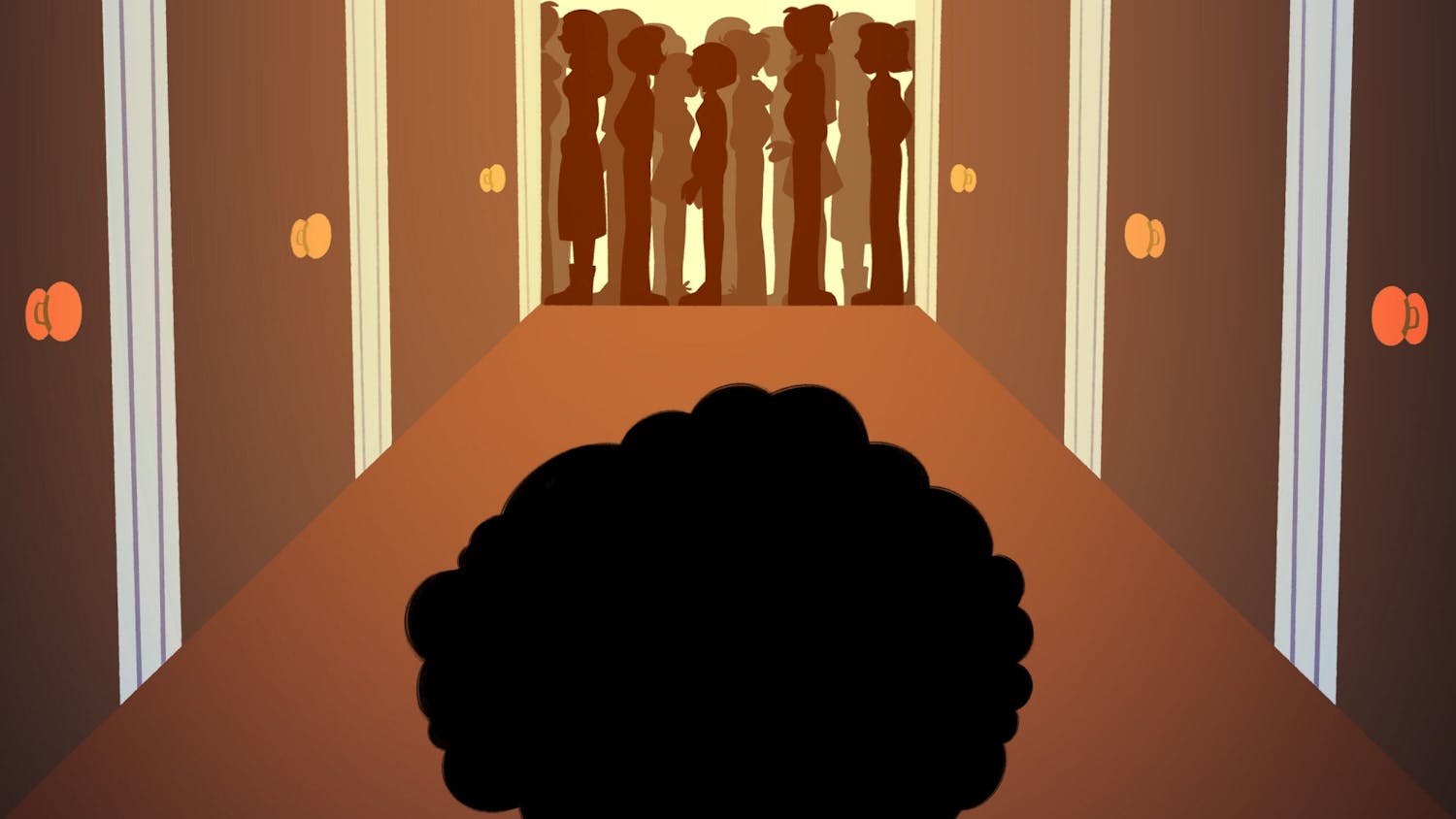Western Washington University student volunteers met with state legislators on Monday, Jan. 16, in Olympia to lobby for this year’s Associated Students’ legislative agenda.
Every year, students sign up to attend lobby day. They review the agenda, go through training and prepare to speak with legislators about issues that are important to them. Students present their concerns and speak to legislators about bills that will benefit them.
Around 50 students met at the Viking Union on Sunday, Jan. 15, and broke into their lobbying groups. Each group had three members, and students practiced their talking points and roles to prepare for the following day. After their training, students took buses to Olympia.
Near the beginning of the school year, the AS Office of Civic Engagement Director of Legislative Affairs, Naira Gonzales Aranda, helped send out a survey to students about legislative priorities. The survey asked what students wanted to see on the agenda.
Throughout fall quarter, Gonzales Aranda met with other Washington Student Association members to propose what their universities need and discuss bills that may help students. The WSA is made up of students from colleges all across Washington.
Gonzales Aranda said after the top priorities were recorded, Gonzales Aranda worked on writing the agenda alongside the AS VP of Governmental Affairs, Jesus Resendiz-Eyler, and the Legislative Affairs Committee.
This year’s agenda includes seven categories: environmental justice and campus sustainability, ensuring basic needs, making campus resources available, gun control and safety, divesting from prison labor, health care accessibility and sexual assault transparency, education and survivor care.
Each category has requests and bills that relate to that specific issue. For example, under the ensuring basic needs category, the agenda asks for the passing of House Bill 1094, which will create the Washington Future Fund Program. This program would create a pool of money for children born under the State’s Medicaid program, which they would gain access to once they are adults.
Gonzales Aranda will live in Olympia for the duration of winter quarter to meet with representatives, lobby for bills to pass and work to address the agenda. Gonzales Aranda will return to Bellingham for spring quarter and join the rest of the legislative season virtually.
“Lobby day is important for several reasons,” Gonzales Aranda said. “Legislators want to hear from their constituents, and lobbying is a community effort to try and pass the priorities the student body has. It’s an engaging way to be introduced into something a lot of people may find intimidating.”
Ted Topper is one of the two student senators for Fairhaven College and attended lobby day for the first time this year.
Topper said becoming a senator and attending lobby day has felt like Topper’s greatest achievements.
Students are presented with the agenda and choose the topics they are passionate about. Some of the topics Topper’s group discussed were food insecurity among students, students experiencing houselessness, extending the WA College Grant and requesting money for a clean energy heating system at Western.
Learning about Western’s heating situation is what got Topper interested in participating in lobby day.
“I found out it was a topic students weren’t really aware of,” Topper said. “I took students not knowing what was going on with the heater as an opportunity to familiarize myself with it, so I can go to the legislature, get information from them, lobby to them and come back to the students and say, ‘The legislators are thinking about this, why aren’t you?’”
According to the project proposal, Western relies on an over-75-year-old design that has aged beyond its planned service life to heat most of its facilities.
97% of Western’s greenhouse gas emissions come from its heating and cooling system and approximately 30% of all heat generated by the steam plant is lost in distribution.
The agenda says switching to the proposed energy heating system would nearly eliminate fossil fuel burning from Western’s heating and hot water production.
The agenda calls for the full investment of the $10 million capital budget request for a clean energy system. The project proposal says the money will go towards schematic design, scope detail, testing, drawings and specifications, phased implementation scenarios, detailed financial analysis and completion of full design of the first nodal plant and associated distribution system.
Topper was familiar with some of the talking points before signing up for lobby day, but Topper encourages all students to get involved in any way they can.
“The best way that students who don’t want to come to lobby day can help us is by talking to the administration about the topics we’re talking to the legislature about,” Topper said. “Send an email, send a letter, send communication that there’s an issue that is bothering you, and if enough people send in that request, the university will have no choice but to look into it or risk the student body being unhappy.”
The AS OCE Elections Coordinator, Jonathan Salazar, works hard throughout the year to plan and execute the AS spring election. He said student involvement is important because change actually happens, even if it may not seem like it at the time.
“A lot of people think that we can’t individually change things, and that’s simply not true, but it does take a while,” Salazar said. “Change is possible through student involvement, but it takes time.”
If students want to get involved in other ways, they can find a list of AS and university committees, events and jobs through the Western Involvement Network. Students can also sign up and head to Olympia for Western Intersectional Lobby Day which will take place on Feb. 19 and Feb. 20 or keep updated through the OCE Instagram.
“I want to thank all the students that came out because I want them to feel empowered,” Gonzales Aranda said, “Students coming out and sharing their stories really motivates and moves legislators. There is power in numbers, and I appreciate them coming to Olympia to share their voice.”
Ciarra Shaffer (she/her) is a city life reporter for The Front. She is a junior majoring in the public relations track of the journalism department. In her free time, Ciarra enjoys being outside and going to concerts. You can reach her at ciarrashaffer.thefront@gmail.com






